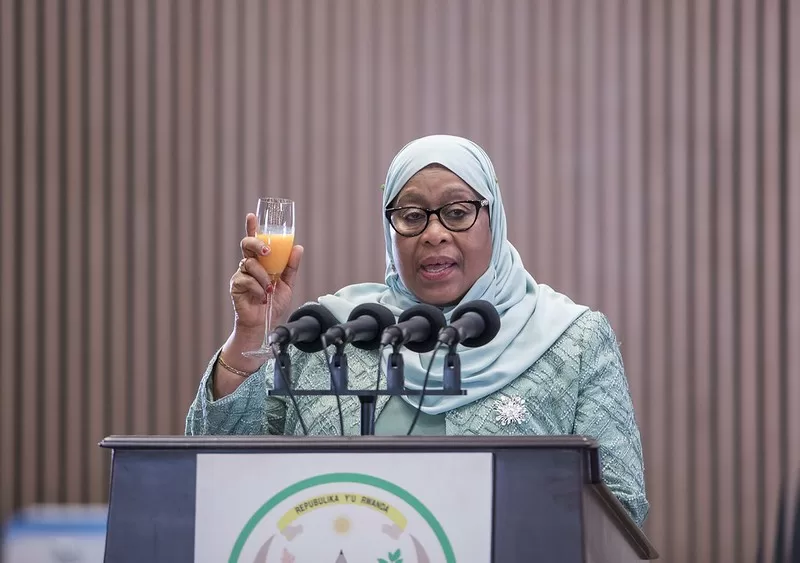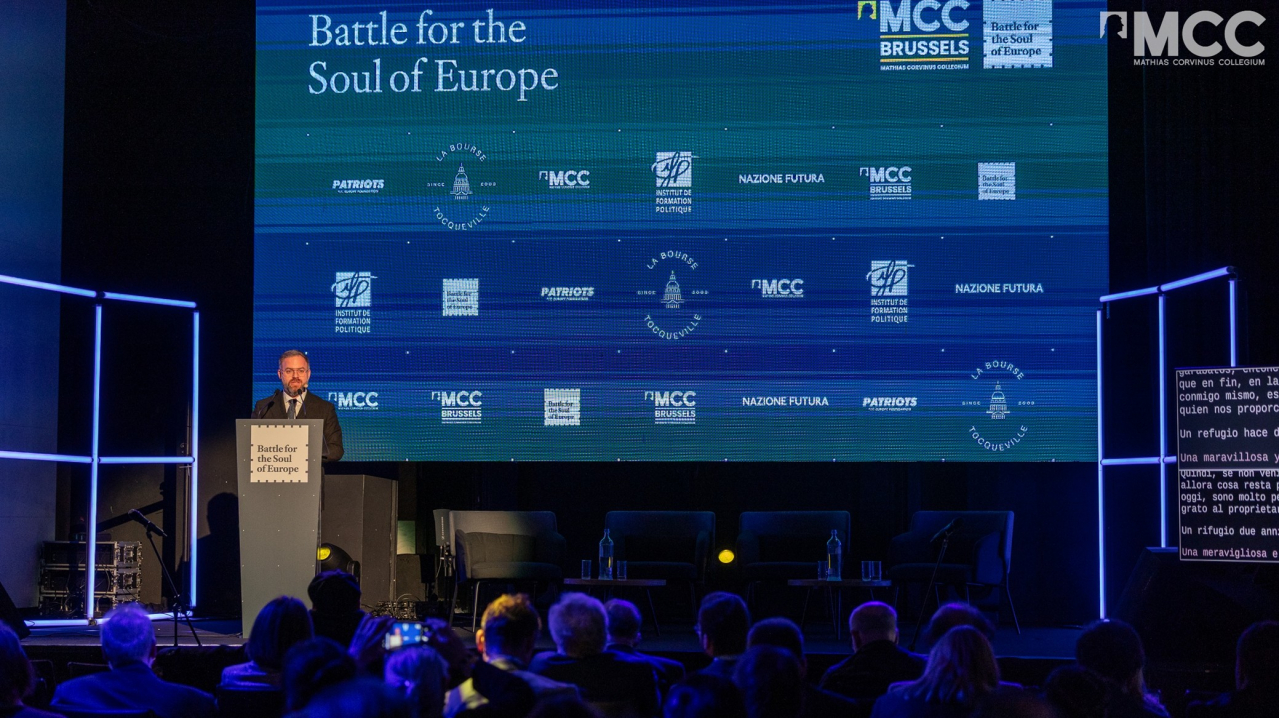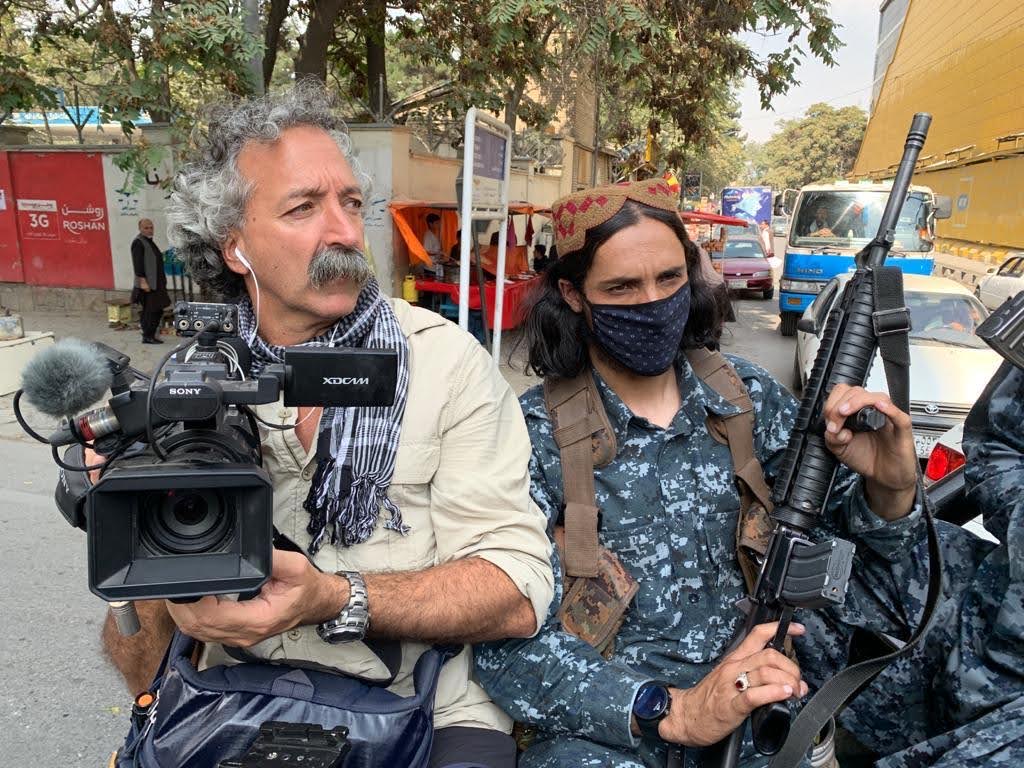
Canberra is making alarming advances in web censorship, says John Ozimek
The latest episode in the long-running Great Australian Firewall saga hit the stands this week with a government announcement that it will legislate to make internet filtering compulsory for all ISPs.
The Australian Christian Lobby were instantly on the case, congratulating the government for its initiative, and politely asking if it would care to extend the degree of censorship already envisaged from RC (Refused Classification) material, out to films currently classified as X or R-rated.
Along the way they took a pop at those prophets of doom who had had the temerity to suggest that government plans might bring about the end of the internet as we know it. Testing had shown little or no degradation of performance: censorship can therefore proceed according to script.
Well, not exactly. This week’s decision may have served ever so slightly to wrongfoot the anti-censorship movement — though whether this was all a cunning establishment plan, or just further evidence of technological illiteracy on the part of Communications Minister Stephen Controy is hard to tell.
The “firewall” emerged at the last election as a vague proposal to protect the Australian public from child porn. But over the last couple of years, what started as a simple idea grew in two ways: first, the language used by officials led many to believe that what was being proposed was some form of national shield system — or at least a government imposed filtering system — not entirely unlike the approach taken in places like Singapore or China.
This was opposed and ridiculed, as experts warned that such an approach could terminally impair the ability of ordinary Australians to access the world wide web. Matters were not helped by a government testing programme that looked at how well filtering could work — whilst refusing to set down any success criteria. Asked on radio to define what would be a “successful test outcome”, Stephen Conroy simply refused to answer.
Thus, the government this week was able to claim that the testing had been 100 per cent successful — and allowed the Christian Lobby to issue a gleeful put-down on the techy front.
However, if those concerned with censorship have allowed themselves to be misdirected over the shape of the solution – a simple requirement for ISP’s to block all RC material — they still have a very powerful argument when it comes to the question of content.
Classification of internet and related material is carried out by a government body, the Australian Communications and Media Authority (ACMA), and the Communications Department were quick to point out that “Content defined under the National Classification Scheme as Refused Classification includes child sexual abuse imagery, bestiality, sexual violence, detailed instruction in crime, violence or drug use and/or material that advocates the doing of a terrorist act.”
The implication, made explicit in the justification for this filtering, is that like the block list put together by the UK’s Internet Watch Foundation, the Australian filter will be mostly about protecting children and depriving paedophiles of their pornographic fix.
Stephen Conroy has excited some controversy over the past few years by his attempt to characterise opponents of his proposals as being soft on child porn.
However, as Electronic Frontiers Australia pointed out earlier this year, the proposed solution is very unlike that implemented in the UK. Only about a third of material currently classed as RC relates to child porn, with much of the rest devoted to gambling and the blocking of anything that might incite crime. The problem with the latter is that such a definition can quickly move into territory that many would consider more appropriately classed as political debate: for instance, links to a Youtube video on taking one’s own life have been barred as likely to incite criminal behaviour.
Then there was the pro-life site blocked last year — although the grounds for such a block are still unclear: and, according to EFA, the hapless dentist whose site was spammed and subsequently added to the ASMA banned list.
Matters are not helped by the fact that the RC rating is the subject of fierce debate right now: Australia is almost alone of Western nations in banning many adult computer games, because it has no age rating higher than an 15+ and much that would be passed as adult in the UK is simply banned.
Accepting that this is controversial, the Communications Department reminded detractors that they can now take part in a consultation exercise designed to review the use and allocation of RC ratings.
However, the fundamental objections remain: despite strong protestations by advocates of filtering, it will initially be haphazard, blocking sites and links on the basis that someone has reported them to ACMA.
It is run by a government body and even if what is blocked for the time being is acceptable to the majority of Australians, continuing hints by Stephen Conroy that the filter should be applied to “unsuitable” — not merely illegal — material leaves many worried about what a future government might do.
Already, as a landmark battle over responsibility for enforcing copyright wends its way through the Australian legal system, there are concerns that the government might, at some future date, decide to use this system as a means to combat perceived piracy.
Australian intentions on the internet front are now clear in a way they have not been for the last two years: insofar as they are over-broad, state-controlled, and at constant risk of falling prey to some politician’s moral agenda, they will continue to arouse fierce opposition.





